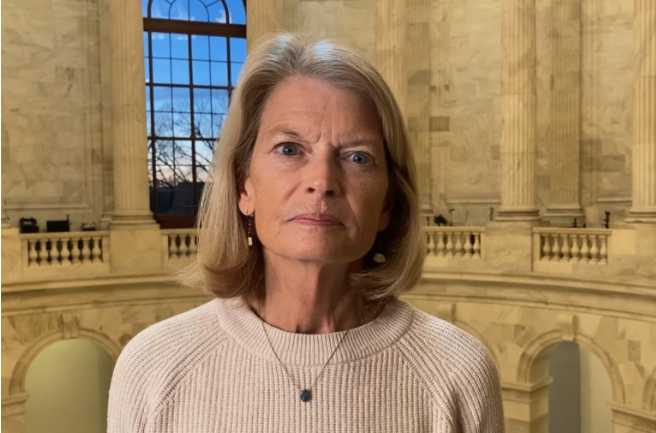WASHINGTON, DC – Alaska’s fisheries benefitted from funding decisions and a number of cost-effective adjustments in the language of an appropriations bill that passed the Commerce, Justice and Science (CJS) Appropriations Subcommittee today in a bipartisan vote, according to Senator Murkowski, a Subcommittee Member.
The CJS Appropriations Bill for Fiscal Year 2012 now goes to the full Senate Appropriations Committee for consideration today.
“America is facing an increasingly high deficit, which puts two things at a premium,” said Murkowski. “We need to make every feasible cut, but also spend wisely – and today the CJS Subcommittee approved a number of items where smart, targeted funding does more at the same cost – or less.” Today’s FY2012 Commerce, Justice and Science Appropriations Bill is $600 million below the amount in FY2011 and $5 billion below the President’s request.
Marine Spatial Planning – At Senator Murkowski’s insistence, federal funding was removed from the unwanted NOAA program that would take monies away from other policies that will create jobs and economic activity.
Pacific Salmon Treaty: $9.6 million dollars will fund Pacific Salmon Treaty-related activities and compliance with the 1985 accord with Canada. Those dollars will help maintain stock and monitor fishery activities, and also ensure compliance with treaty conservation and harvest sharing commitments.
Pacific Salmon Recovery Fund –The Pacific Salmon Treaty Fund saw a nearly $1 million increase in funding level support from the White House’s suggestions.
Pacific Salmon Restoration Funds — Additionally, the subcommittee accepted a suggestion from Senator Murkowski that the $65 million in restoration funds not strictly be allocated to threatened salmon or steelhead populations, but to all Pacific salmon and steelhead fisheries– continuing revenue streams to states that are implementing successful sound fishery policies.
Fishery Stock Assessments: $67 million will be disbursed to the nation’s fisheries to provide the most timely and accurate data possible, informing decisions such as quota numbers.
Source: Office of Senator Murkowski






